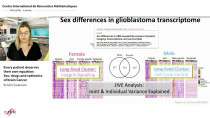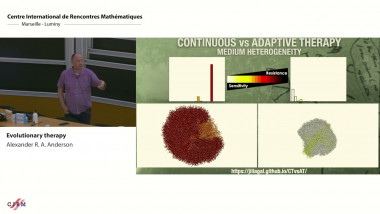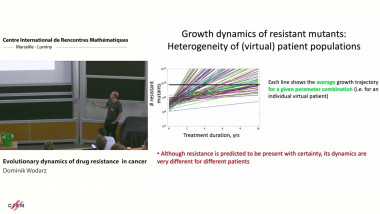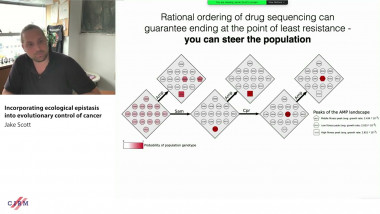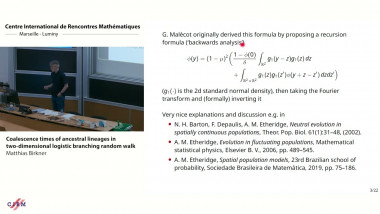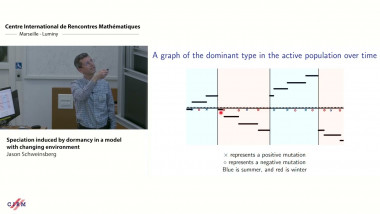Every patient deserves their own equation: Sex, drugs and radiomics of brain Cancer
Glioblastoma are notoriously aggressive, malignant primary brain tumors that have variable response to treatment. This presentation will focus on the integrative role of 1) biological sex-differences, 2) heterogeneity in drug-delivery and 3) intra-tumoral molecular diversity (revealed by radiomics) in capturing and predicting this variable response to treatment. Specifically, I will highlight burgeoning insights into sex differences in tumor incidence, outcomes, propensity and response to therapy. I will further, quantify the degree to which heterogeneity in drug delivery, even for drugs that are able to bypass the blood-brain barrier, contributes to differences in treatment response. Lastly, I will propose an integrative role for spatially resolved MRI-based radiomics models to reveal the intra-tumoral biological heterogeneity that can be used to guide treatment targeting and management.











